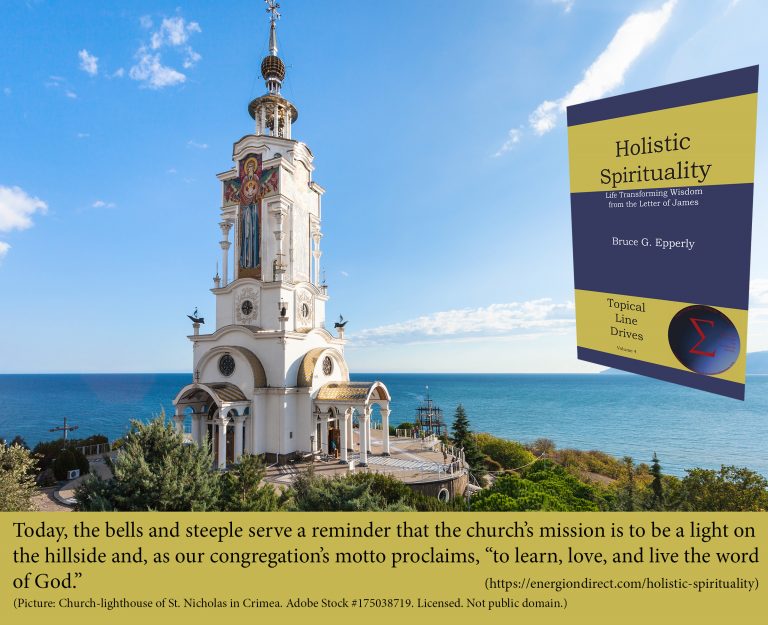Hebrews: Authorship and 6:1-8
Thomas Hudgins links to a post in which someone supports Luke as the author of Hebrews. The post to which he links indeed supports Luke, but I find a number of other things somewhat more interesting. The topic is Hebrews 6:1-8, one of the more controversial passages in scripture, and the title is An Enduring Call for Christian Maturity: An Exegesis of Hebrews 6:1-8. I find the suggestion of Luke as the author of Hebrews quite plausible, though I remain agnostic on the subject, but I found a great deal to disagree with in the exegesis. I need to write something more detailed on this topic. My disagreement shouldn’t be too surprising, as I come at this from the Arminian perspective. I hope, however, that I am also faithful to the text of Hebrews.
On the other hand, the more I have looked at this passage, the more I have begun to think that the term that ties this passage to the previous (and Chilton rightly starts with Hebrews 5:11 which gives clear indication of moving forward), is the various forms/cognates of the word teleios, a verbal form being found in 5:9, referring to the completion of perfection of Jesus, particularly, as verse 10 notes, leading up to Jesus as the Melchizedek figure, which will be the focus of chapter 7.
Contrary to my Wesleyan roots, I’m thinking less and less that the perfection/maturity involved is so much that of the believer as what the believer is brought into in Christ. I agree with Dave Black (you can find some of his comments in his blog archives; search for Hebrews 6) that we should allow the passive force of the verb, “be carried along” to come forth in translation. Now in the overall message of Hebrews, this does mean that something is accomplished in the believer’s life, but the believer’s activity is to continue to be carried.
As I said, I would like to discuss this further, but I don’t have time this afternoon. In fact, I will doubtless spend many more days working with this passage. In the meantime, despite my disagreement on some points, I really appreciate seeing such thorough analysis of this passage. It’s often neglected.

